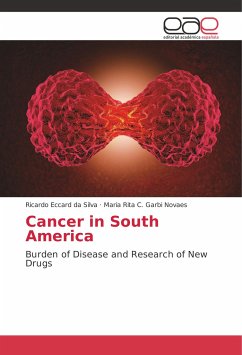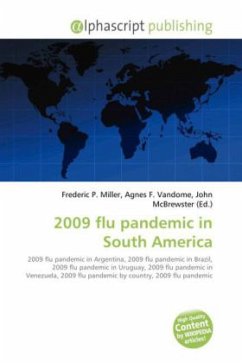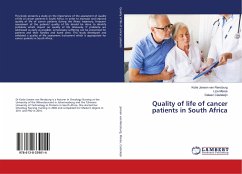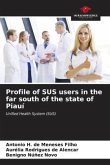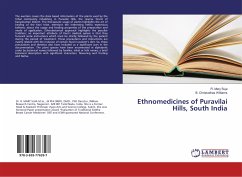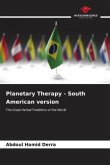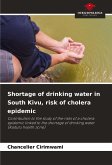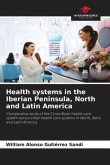Cancer has an important impact on global health, killing 8 million people in 2012, corresponding to 12% of all deaths. The most common types of cancer in South America include cancers of the breast, prostate, colorectal region and lung. Agaricus sylvaticus fungus has been widely used as a dietary supplement in cancer patients. The results suggest that dietary supplementation with Agaricus sylvaticus fungus has metabolic benefits with a positive impact on the quality of life of patients with colorectal cancer in the postsurgical phase. In international multicenter clinical trials, malignant neoplasm of bronchus and lung and breast cancer were the most-studied types of cancer in South America. Cervical cancer, which has an important impact on public health in the South American region, has been little studied. On the other hand, colorectal cancer is among the most studied in Argentina, Mexico and Peru, and continues to be a significant cause of death in South America. The transnational pharmaceutical industry is the organization that most sponsored clinical trials involving cancer in South America. In contrast, universities sponsored few studies.
Bitte wählen Sie Ihr Anliegen aus.
Rechnungen
Retourenschein anfordern
Bestellstatus
Storno

